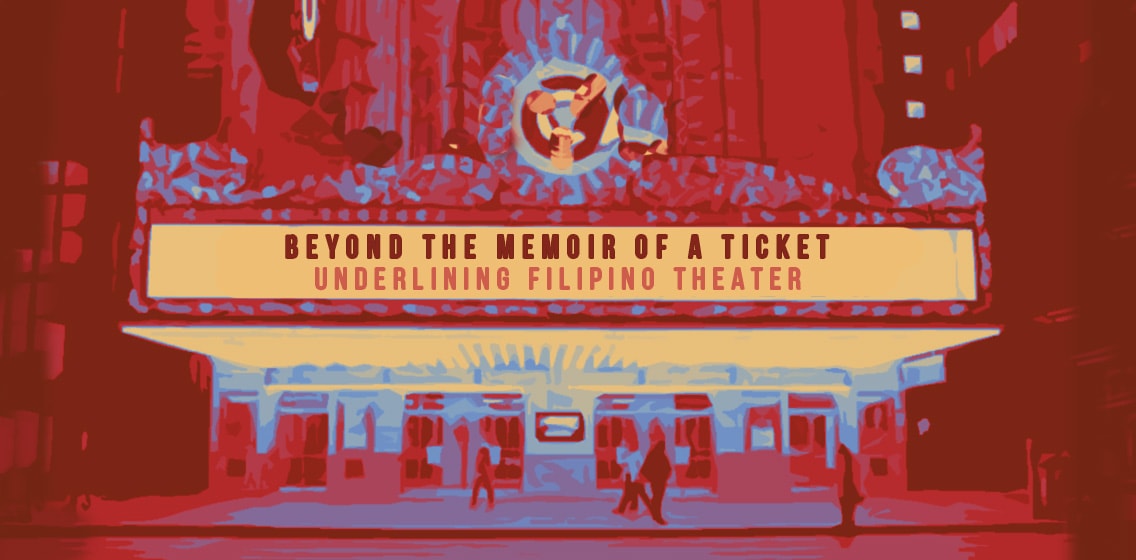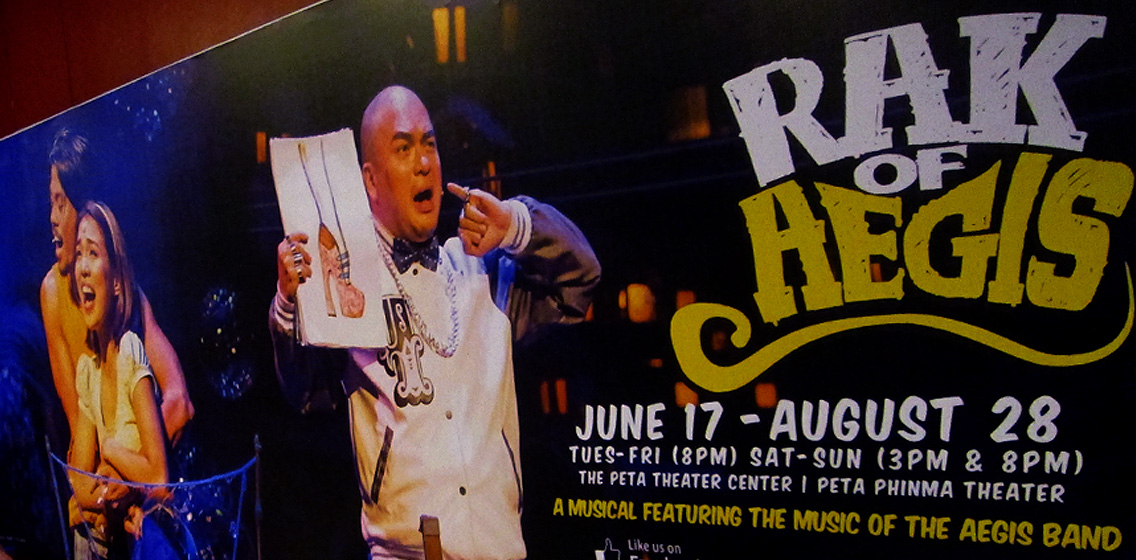Conyo kid
Growing up abroad, I had a hard time speaking in Filipino since I was exposed to three languages: English, Filipino and Arabic, although English has been my medium of speaking ever since I was a child. I didn’t want to learn Tagalog as a child because of how badly adults around me portrayed the environment in the Philippines is. That impression of the situation in the Philippines, as described by the adults working abroad, made me dislike the language and look down upon it, which reached the point that I didn’t want to be heard speaking it. But it all changed when I had Filipino friends during high school who spoke in Tag-lish that influenced me to speak the same way as them. When I arrived here in the Philippines to study in college,I was glad that I, at least, knew how to speak Filipino. Upon starting college, I discovered that there was a term for people who spoke Taglish and it was called “Conyo”, which gives as a semi-derogatory connotation.
Living here for some time made me realize how locals frown upon those who communicate using Taglish. Recently, a Facebook user posted on her experience while commuting in a jeep with her friend, who were giggling whenever they spoke in English. The post garnered attention from those who spoke English, such as those who want to troll, receiving remarks such as “can slay but can’t do an essay,” while those who have English as their first language shared their bullying experience for speaking a language they were comfortable with. It stumbled upon me how relatable the comments were, for instances like people interrupting conversations just to say “nosebleed naman” or “ikaw na”.
When I was taking Filipino subject during the first year of college, I expected the same hostility that I get from my surroundings, but unexpectedly made me appreciate the language, professors of the Filipino subject here in DLSU-D were mature and patient enough with me, a person who couldn’t speak Tagalog fluently, and respected that I couldn’t speak the language that well.
Which is why the decision of Supreme Court to remove the Filipino and Panitikan from the curriculum in college in May this year, concerned me, the topics that are discussed in such classes are not only about lessons on language but also related to the social situation of the Philippines. This makes me rethink what we were told by our friends or our relatives in social media and make us think logically and not to immediately trust what other people share on what had happened. These subjects not only teach me about our language but also on being mature in situations that are happening in our surroundings. These subjects help me realize how uninformed I was with the country and its language, which taught me that just because other people said it doesn’t mean it’s true, which helped me to mature and have a different perspective.
being mature in situations that are happening in our surroundings
Even though I’m still being called as “conyo kid”, I don’t mind it because it’s what I’m comfortable at, but ever since the Filipino subject, I get to know the stories and experiences of interesting people. For a Filipino who lived abroad her whole life and many others like me, I think college is still a place to keep learning our roots, our language.





